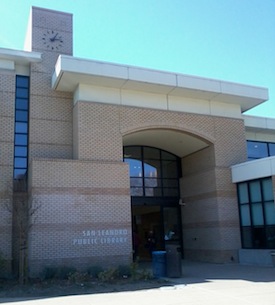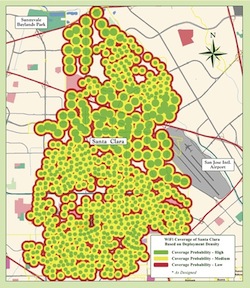Facebook is first brand into the mobile skin game

Sometimes innovation only needs to be skin deep.
Facebook Home is a new kind of threat to Android and a new kind of opportunity for mobile entrepreneurs. It’s middleware that’s downloaded onto select – for now – smartphones and acts as the top skin of the user interface. Instead, for example, of seeing the standard lock screen, users see their Facebook feed, constantly updated.
Android apps are still there, if you dig down. But if you just go with the flow all you see is what Facebook pushes to you.… More









